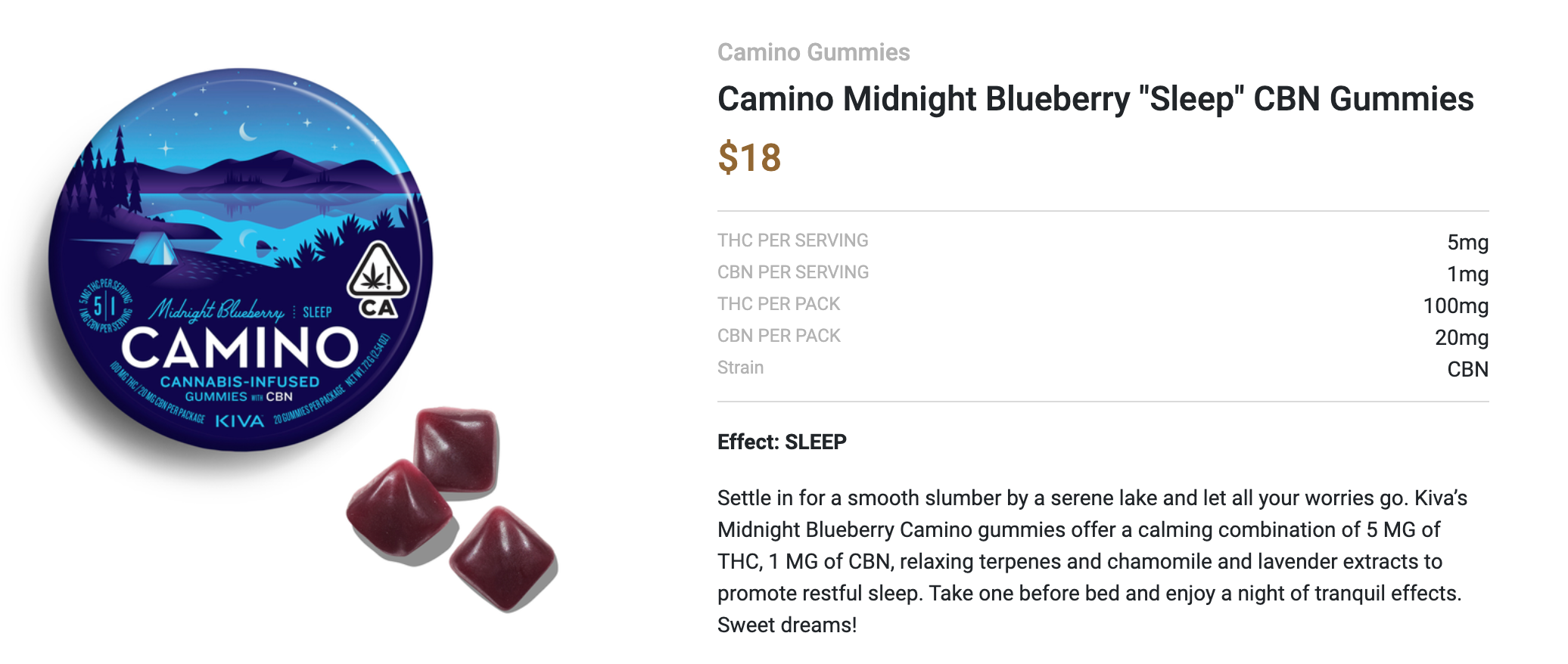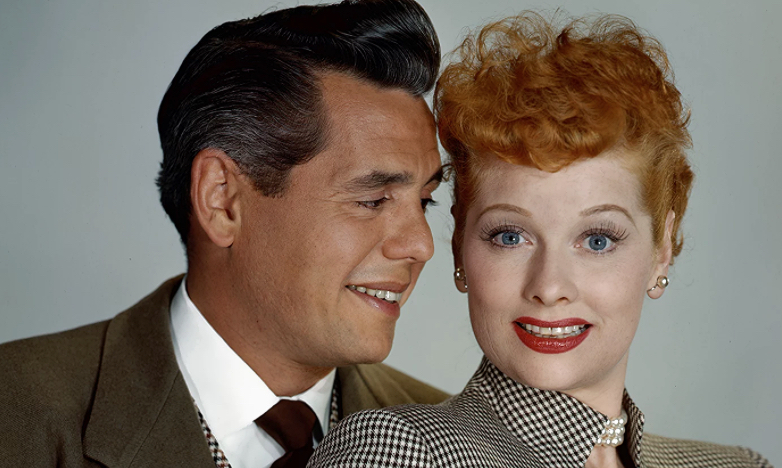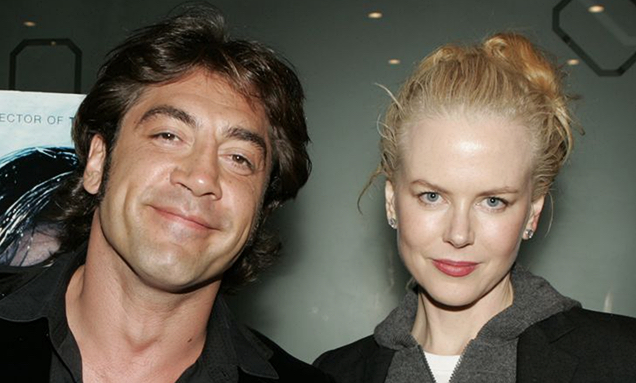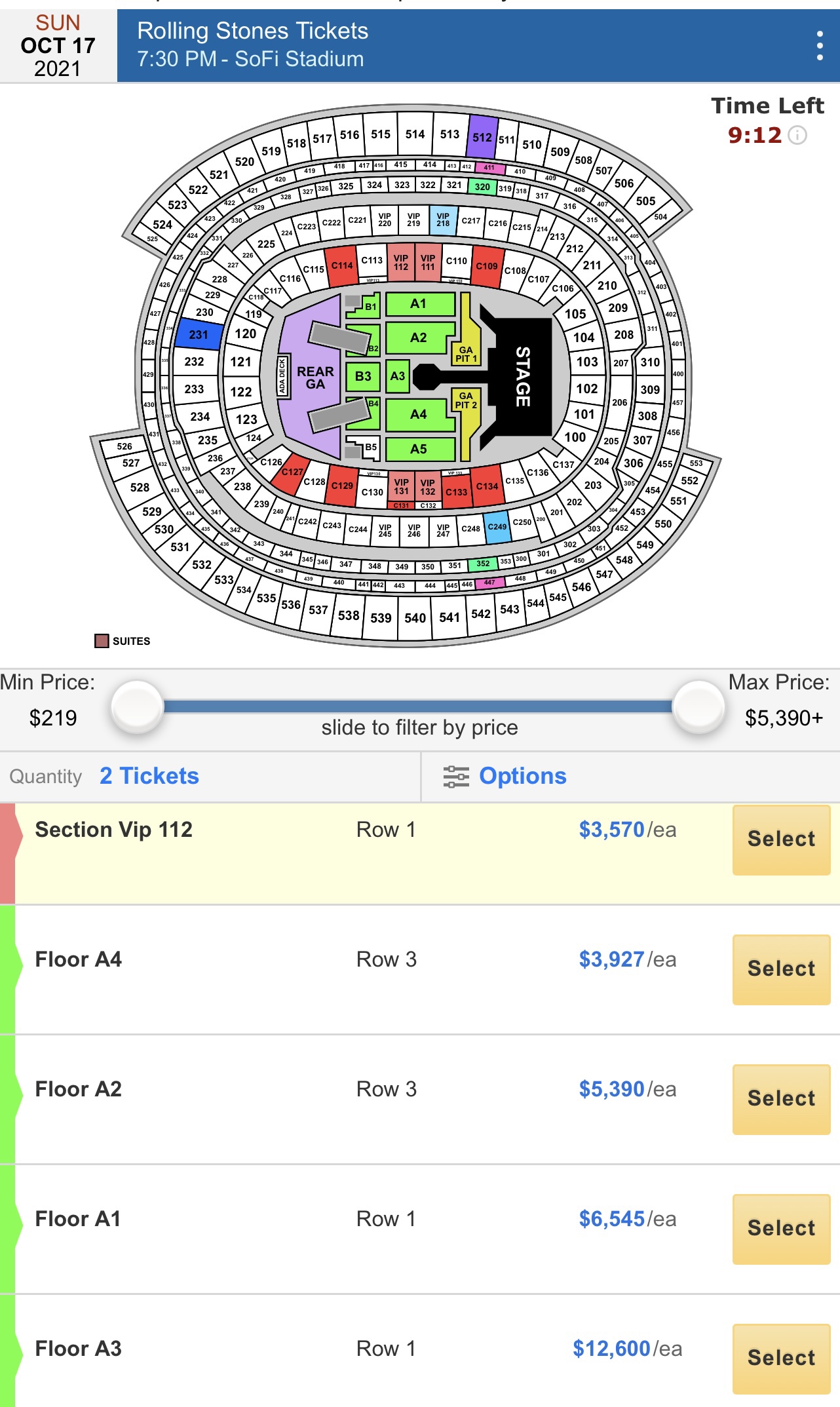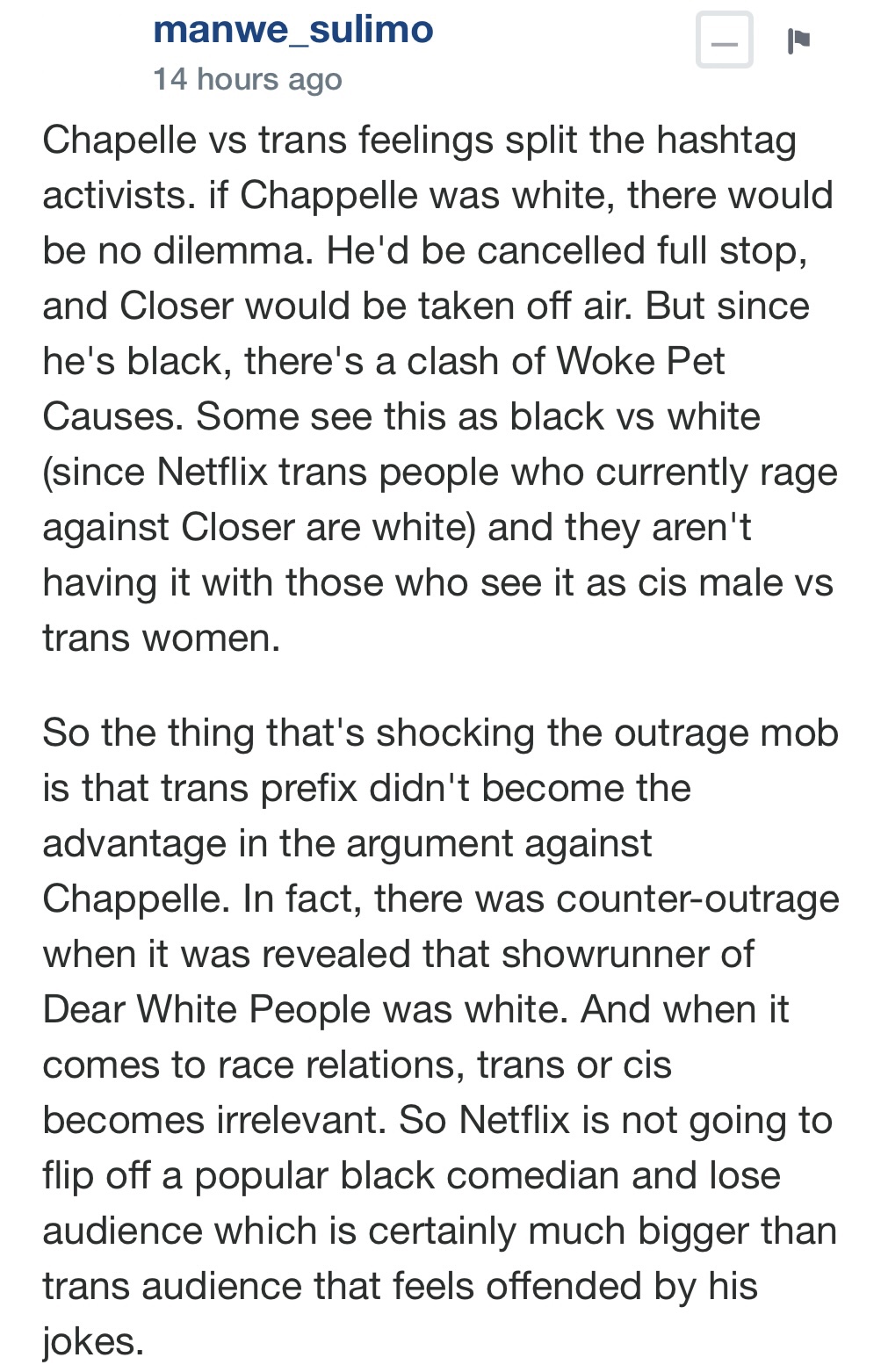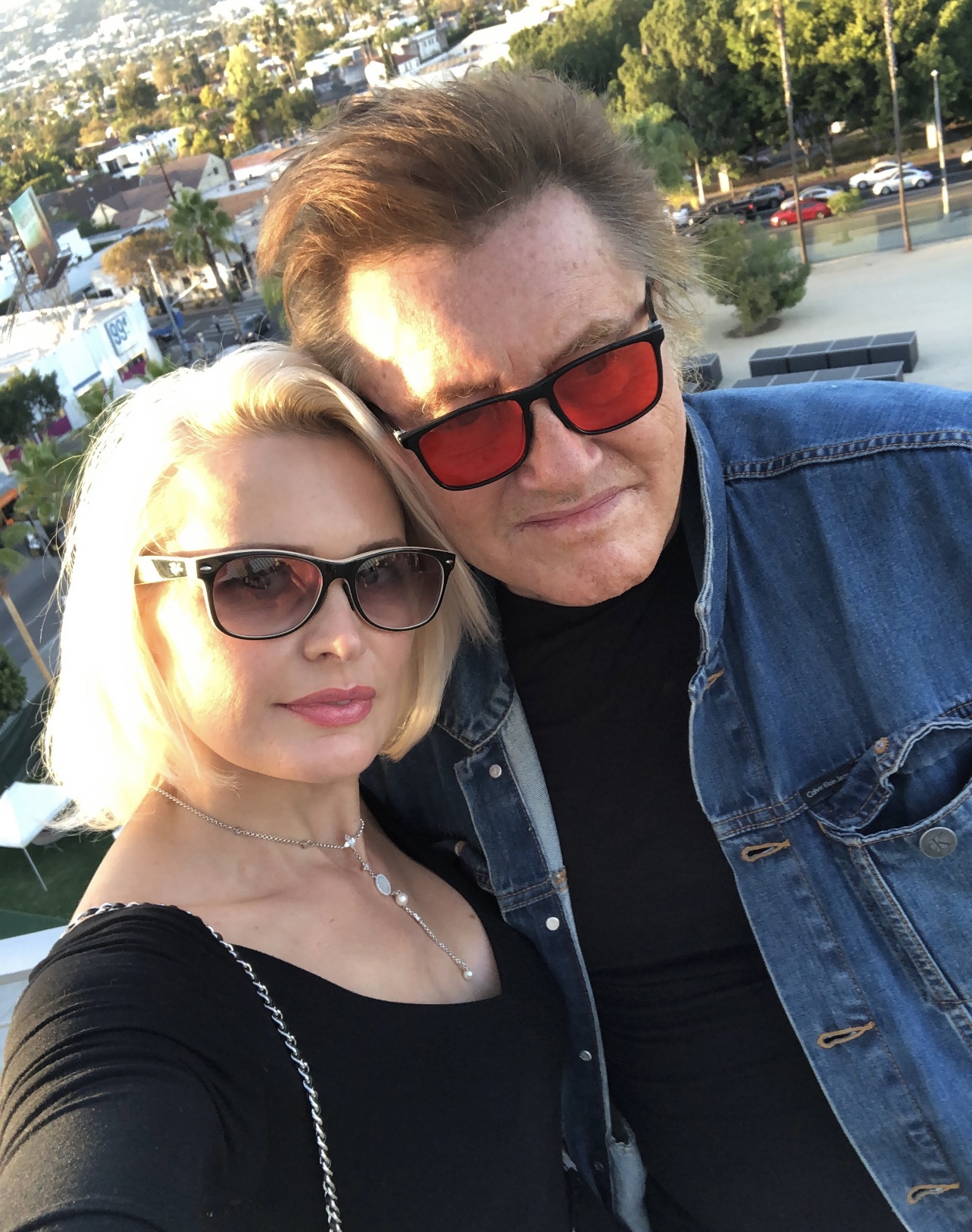Last night I watched John Farrow: Hollywood’s Man in the Shadows, a 96-minute doc about the prolific, under-rated Australian-born director. Farrow made scores of better-than-decent, lower-budgeted films (The Big Clock, Five Came Back, Calcutta, His Kind of Woman, Hondo). A skilled and dependable craftsman, he directed no drop-dead masterpieces but was great with long takes.
Married for 20-odd years to Maureen O’Sullivan while constantly catting around, the Roman Catholic Farrow sired seven children, including Mia Farrow.
Co-directors Claude Gonzalez and Frans Vandenburg have delivered a respectable effort, often edifying if less than fully satisfying, for reasons I’ll try to explain.
The sage talking heads include Australian directors Phillip Noyce, Bruce Beresford and Philippe Mora, plus film critics Todd McCarthy, David Thomson, David Stratton, Margaret Pomeranz, Imogen Sara Smith and Farran Smith Nehme. Hollywood biographer Charles Higham and Farrow’s wry look-alike son, John Charles Farrow, also participate.
I’m not a serious Farrow devotee but I respect his assurance and sense of polish and control, and his extra-long takes are Scorsese– or Coppola-level.
I’m as much of a fan of The Big Clock as the next guy. Vincent Price’s performance in His Kind of Woman is one of my all-time camp favorites of the ’40s, and Five Came Back (’39), a crashed-in-the-jungle survival story with Lucille Ball, is a keeper. I’m trying to recall if I saw Farrow’s 1956 remake, Back From Eternity. And the 3-D, John Wayne-starring Hondo is pretty good.
I understand why producer Mike Todd fired Farrow off the direction of Around the World in 80 Days (i.e., Todd wanted a less headstrong director, someone he could push around) but why exactly did Farrow lose the King of Kings gig? The filmmakers couldn’t explore that?
Farrow losing two high-paying 1950s prestige gigs in the space of five years is odd. It alludes to an imperious, uncooperative manner.
Was Farrow’s 1963 heart attack a genetic thing? Was it due to alcohol abuse? Farrow was only 58 when he passed — a relatively early departure for a man who wasn’t overweight.
How many years ago was this doc shot? The answer seems to be “not recently.” Three, four years ago for the most part? More?
Why don’t the filmmakers simply mention where the Farrow family lived in Bel Air? How could that be a violation of anyone’s privacy so many decades after the fact? The home was built for Farrow & O’Sullivan in ‘37.
The elephant in the room, of course, is the absence of Mia Farrow and Ronan Farrow, and especially Mia.
I gather she didn’t participate due to negative feelings about her philandering, possibly emotionally abusive dad, and Ronan undoubtedly passed out of deference to his mom, but really? Mia refuses to sit for an interview because her Catholic father cheated on her mom with “dozens” of women during the heyday of the ‘40s and ‘50s, and she doesn’t want to endorse or seem blasé about that? In the context of her own checkered sexual history, Mia is hardly in a position to judge or throw stones. Very odd. Sexual indulgence and even perversity is seemingly baked into the Farrow clan’s DNA.

